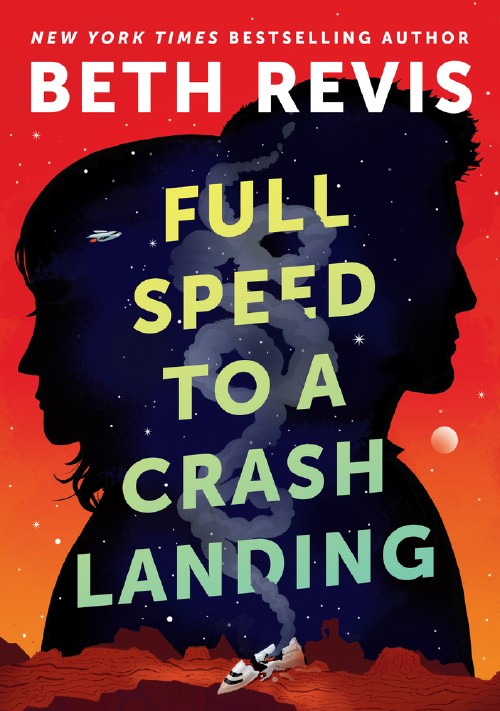Machine Learning, which is culturally often referred to as Artificial Intelligence (AI), is a booming world in the tech industry. Companies of all sizes are embracing AI as a way to automate a bunch of processes, and in the process they are choosing to increase potential profits while also drastically increasing risks that the processes will go awry. These books are a good curriculum for understanding how AI works and what the various risks are as AI infiltrates the world.
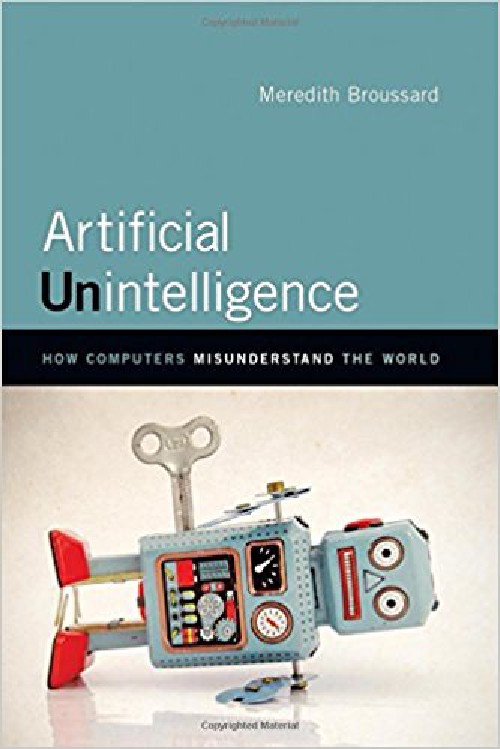
Artificial Unintelligence
Copyright 2019, MIT Press
Tech Industry
(2nd time reading)
Broussard is a data journalist who uses her skills and expertise to guide the reader into the limits of computers and the fragility of AI. She examines how machine learning works internally, and then explores a range of places where a computer attempting to make a decision based on available data would likely make an incredibly bad choice; based on available data. This book is easy to read, comprehensive in scope, and will help you understand how AI is greatly over-hyped in the current world.
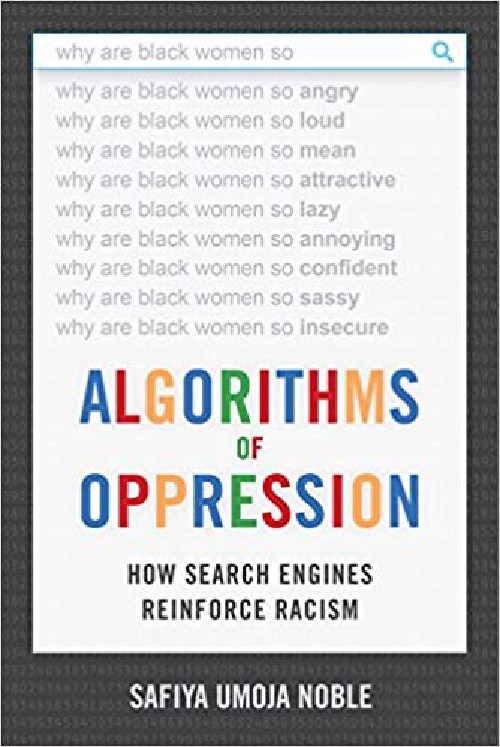
Algorithms of Oppression
Copyright 2018, NYU Press
Tech Industry, Race
Early in this book, Dr. Noble—who is black—reveals her inciting incident: in an attempt to find some activities for her young niece, Googled “black girls,” and in response received a search results page full of racialized porn. This excellent book is the result of years of research she undertook to understand how Google could claimm to “organize the world’s information” and be so universally admired, despite the ways it perpetuates the worst parts of humans. A must read book to understand how tech reinforces existing power structures.
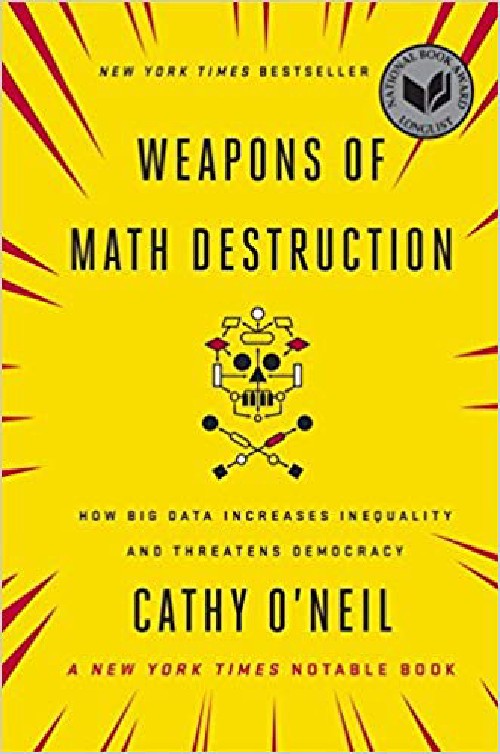
Weapons of Math Destruction
Copyright 2016, Crown Random House
Tech Industry
So much hype about how computers and AI will make the world better is pushed by people who don’t actually understand the math and logistics of designing algorithms to deal with large datasets. Cathy O’Neil does understand these things, and in this book she clearly examines how they work, and how the reality of algorithms is very far from the hype. As the title suggests, O’Neil shows how AI (and big data in general) has much more potential for harm than benefit.
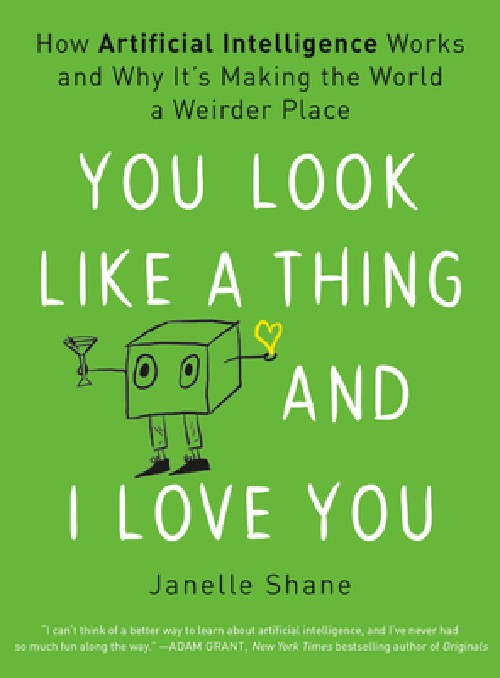
You Look Like a Thing and I Love You
Copyright 2019, Voracious
Tech Industry
After years of using machine learning tools for humor (AI generated valentines candy, halloween costumes, etc), Janelle Shane wrote this book to help people who enjoy the outputs of her silly experiments also understand the internals of the algorithms at work. Shane is an excellent guide to the different types of machine learning algorithms, helping demystify their processes and also making clear what they can and can’t do.
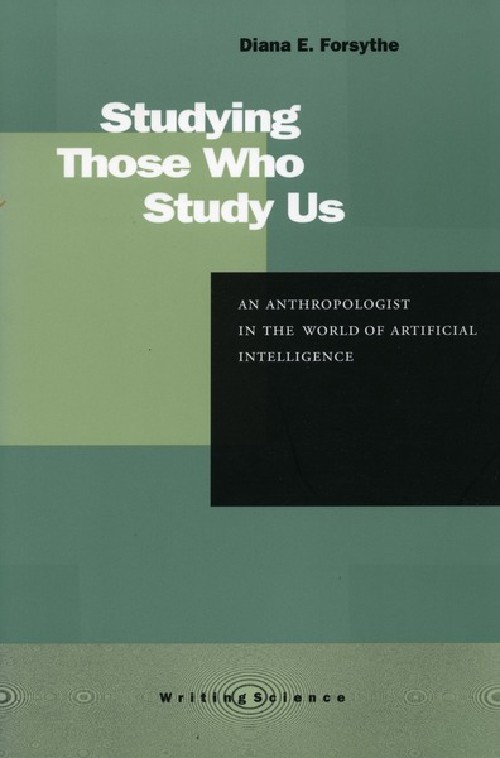
Studying Those Who Study Us
Copyright 2002, Stanford University
Tech Industry
This is not a common recommendation, but I wish it were more well known. Published post-humously, this is Forsythe’s ethnographic exploration of an early “AI” lab (meaning, mid-1990’s) where a group of software engineers were trying to build medical diagnostic software. Forsythe examines how the engineer’s “tech positivist” worldview influences the questions they ask and the way they treat knowledge, and then she explores all of the types of knowledges that are not included in their software. This book is an incredibly helpful guide in sorting through the way “big data” proponents see the world, in it Forsythe presents a feminist analysis for resisting this way of thinking.
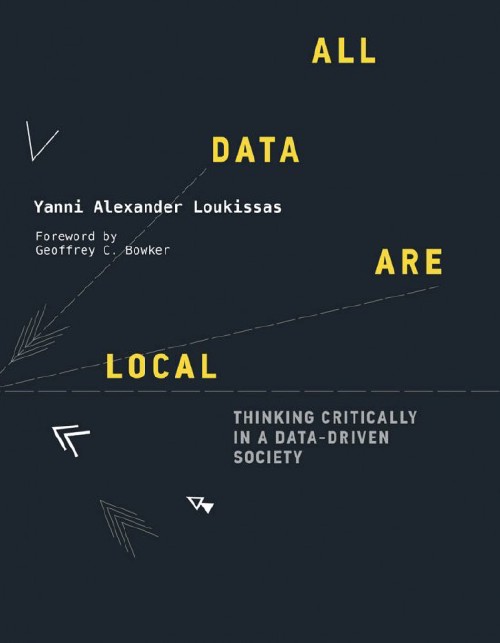
All Data Are Local
Copyright 2019, MIT Press
Tech Industry
For another angle on resisting AI, it’s helpful to think about what data can contain, and what resides outside a dataset. This book is a helpful guide for thinking critically about data and the way it works in context in our modern world. Loukissas sets out six principles and explores case studies for each one, helping the reader see where hype falls apart on close examination.


